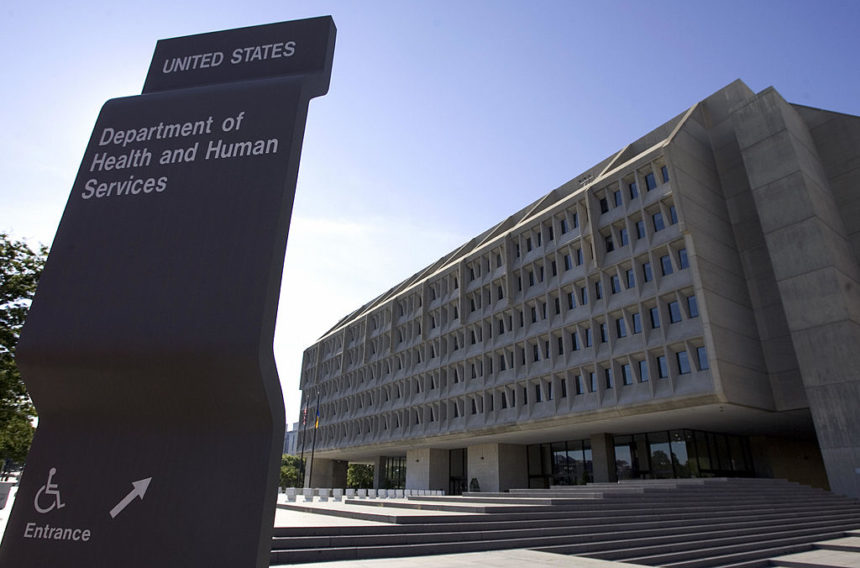Three trade groups, including the pharma industry’s main lobbyist, sued the Department of Health and Human Services this week to block provisions in the Biden administration’s signature drug-price law from taking effect.
The Pharmaceutical Research and Manufacturers of America (PhRMA) joined with two other lobbying groups representing patients and providers to challenge on constitutional grounds Medicare’s power to negotiate drug prices under the Inflation Reduction Act (IRA).
The case, filed in a Texas district court by PhRMA along with the National Infusion Center Association (NICA) and the Global Colon Cancer Association (GCCA), follows earlier legal challenges brought by Merck, the U.S. Chamber of Commerce and Bristol Myers Squibb.
The suit also comes a little over two months before the first batch of drugs targeted for price negotiation is set to be published by the Centers for Medicare and Medicaid Services.
As the three co-plaintiffs contend, the IRA’s pricing provisions are unconstitutional for multiple reasons. First, they conflict with the Constitution’s separation-of-powers principle by giving too much authority to HHS to set prices within Medicare. They also violate the due process clause by denying manufacturers input into the process of pricing drugs, according to the 59-page complaint.
“We’re not aware of any program ever established by Congress that gives such unfettered discretion to an agency without any real input from the public and without any real opportunity on the back end for administrative judicial review of those decisions,” James Stansel, PhRMA’s EVP and general counsel, told reporters Wednesday during a media briefing.
The provisions also breach the Eighth Amendment’s ban on “excessive” fines, in light of the steep excise tax firms must pay if they decline to negotiate, plaintiffs argue.
“This is not negotiation,” PhRMA CEO Steve Ubl said of the provisions, but rather “price-setting.”
If a manufacturer doesn’t agree to a price, Ubl added, that company “must pay up to a staggering 1900% tax on the sales revenue of that product. Their only other option is to no longer have any other of their medicines – not just the product the government wants to set the price for – covered by Medicare and Medicaid.”
Later asked about the penalty, Stansel explained that the statute actually provides for a tax between 65% and 95%, resulting in penalties between 186% and 1900%, respectively. As to why the case was filed in the western district of Texas, Stansel pointed out that NICA, which is the lead plaintiff, is based in the state.
In terms of timing, PhRMA thinks it’s important to “start this process so that courts can act as quickly as possible,” said Stansel.
“As soon as the drugs are chosen in September, all of a sudden there’s a bunch of other things that start to happen: manufacturers have to sign an agreement they haven’t seen yet, there’s this price-setting process they’re going to be subject to…There’s all sorts of harms that start happening very quickly,” He said. “Now is the time to get ahead of that.”
The parties are seeking to prevent HHS from implementing the IRA pricing provisions under the current scheme, and to block the government from enforcing the excise tax. As one legal expert pointed out to Axios, having all four of the IRA cases brought in different legal venues boosts the odds that the implementation of the law may get delayed.







